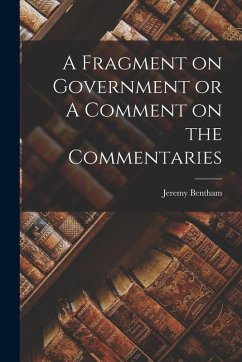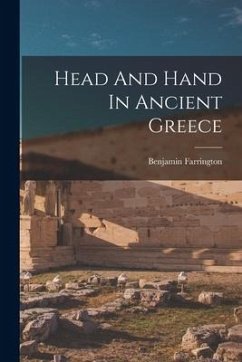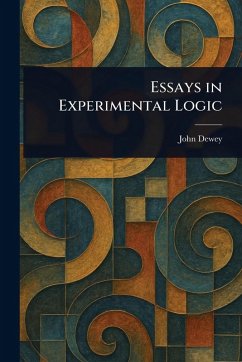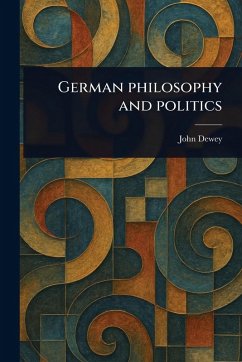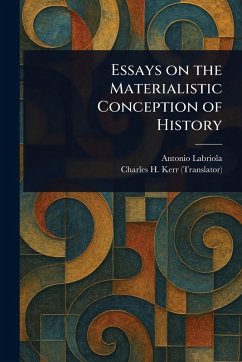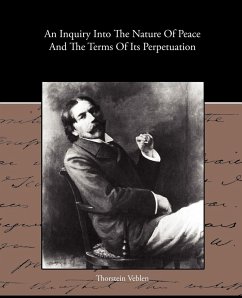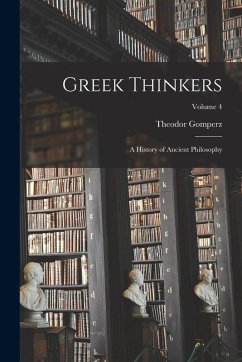
Questions on Aldrich's Logic
Versandkostenfrei!
Versandfertig in über 4 Wochen
15,99 €
inkl. MwSt.
Weitere Ausgaben:

PAYBACK Punkte
8 °P sammeln!
âQuestions on Aldrich's Logicâ offers readers a detailed exploration of Aristotelian logic as presented in the work of Henry Aldrich. This book serves as a guide through the intricacies of logical reasoning and argumentation, providing questions and exercises designed to enhance the understanding of students and scholars alike. Originally published in 1836, this work remains relevant for those interested in classical education, the history of logic, and the development of critical thinking skills. It provides insights into the methods of logical inquiry that have shaped Western thought for c...
âQuestions on Aldrich's Logicâ offers readers a detailed exploration of Aristotelian logic as presented in the work of Henry Aldrich. This book serves as a guide through the intricacies of logical reasoning and argumentation, providing questions and exercises designed to enhance the understanding of students and scholars alike. Originally published in 1836, this work remains relevant for those interested in classical education, the history of logic, and the development of critical thinking skills. It provides insights into the methods of logical inquiry that have shaped Western thought for centuries. This book is an invaluable resource for anyone seeking to master the art of logical analysis. This work has been selected by scholars as being culturally important, and is part of the knowledge base of civilization as we know it. This work was reproduced from the original artifact, and remains as true to the original work as possible. Therefore, you will see the original copyright references, library stamps (as most of these works have been housed in our most important libraries around the world), and other notations in the work. This work is in the public domain in the United States of America, and possibly other nations. Within the United States, you may freely copy and distribute this work, as no entity (individual or corporate) has a copyright on the body of the work. As a reproduction of a historical artifact, this work may contain missing or blurred pages, poor pictures, errant marks, etc. Scholars believe, and we concur, that this work is important enough to be preserved, reproduced, and made generally available to the public. We appreciate your support of the preservation process, and thank you for being an important part of keeping this knowledge alive and relevant.



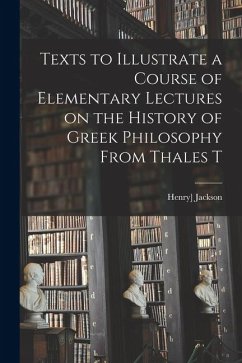
![A Syllabus of Logic [microform]: With Questions and Exercises for the Use of Students Cover A Syllabus of Logic [microform]: With Questions and Exercises for the Use of Students](https://bilder.buecher.de/produkte/65/65596/65596197n.jpg)
